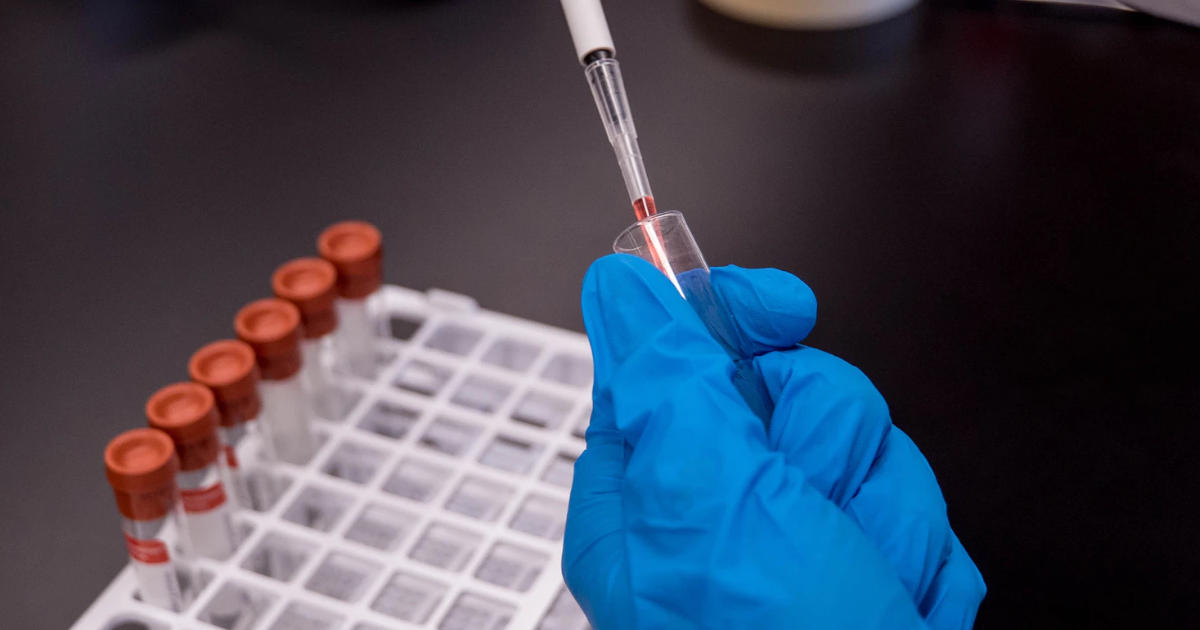The Process Of Analyzing Data In Forensic Toxicology

Forensic toxicology is a complex field revolving around the use of toxins, chemicals, and poisons, particularly pertaining to instances of crime or even death. It is important to understand the role that data can play in the outcomes of court cases where forensic toxicology comes into play.
Understanding Data In Forensic Toxicology
Because of the scientific grounding of forensic toxicology, there are a lot of numbers and empirical information involved that could potentially be confusing. Data is generally the bedrock of many court cases involving substances, providing what should be a sound and objective way of understanding the circumstances surrounding the toxin use and/or the crime committed.
As such, data analysis in forensic toxicology can be an influential factor in a court case involving substance use.
What Data Is Relevant?
In order to unpack how data is analyzed, we first have to understand what data the forensic toxicologists are seeking.
The specific pieces of data can vary from case to case, though in many cases that forensic toxicologists have to manage, the crime involves drugs or alcohol. Forensic toxicologists may need to analyze data in situations such as testing for drugs in the workplace, driving under the influence, or possibly postmortem.
For instance, if the case involves driving under the influence, then an important data point would likely be the driver’s blood alcohol level. Depending on the situation, the investigators may also look into previous instances of driving under the influence, and what the person’s blood alcohol was then.
In the case of a death, the medical examiners will likely try to ascertain what, if any, substances were present in the person’s body and at what levels. The type and concentration of toxins are two of the most important pieces of information that forensic toxicologists will need to extract and contextualize.
How To Analyze Data
The process of analyzing data in toxicology may generally involve four steps: extraction, purification, detection, and quantification.
In order to begin doing this, forensic toxicologists may use a technique called mass spectrometry to analyze data, which involves measuring the mass-to-charge ratio of ions. This is useful in detecting ionizable chemical substances, especially because mass spectrometry devices can detect these substances with sensitivity and precision.
Why Is The Forensic Toxicology Process Important?
Correctly analyzing data in forensic toxicology is extremely important because of data’s significant role in deciding the outcome of legal cases involving substances.
Cases may rely on discovering quantifiable data that can be readily interpreted to provide an accurate picture of how certain toxins were used. In cases of substance use, empirical data may provide weight and clarity where witness testimonials or other circumstantial information cannot.
However, in the event that an error occurs in the process of analyzing the data, the implications can have a resounding effect.
What Can Happen If Done Incorrectly?
Court cases surrounding or involving toxins may carry serious consequences. It is paramount to determine what kind of data is trustworthy, especially when cases involving toxicology could have consequences of weight, such as determining if someone is imprisoned or not. A faulty detection device or incorrect laboratory procedure could compromise a case.
For instance, breathalyzer tests may not be reliable methods of determining blood alcohol concentration (BAC) because they only measure the alcohol in someone’s breath. If a case relies on the results of a breathalyzer test as opposed to more stable methods of determining alcohol levels, such as a blood test, someone could either wrongly walk free or go to prison.
The accuracy of sweat patch testing may also be dubious. When lives hang in the balance, you should only consult a highly trained forensic toxicologist who has significant experience and expertise. They can determine what methods of managing data are reliable. Check the qualifications of any toxicologist involved in your case to make sure they are as professional and experienced as advertised.
Ensure Data Analysis Is Done Right
If you are an attorney seeking a forensic toxicologist with experience advising and testifying in many court cases, look no further than Okorie Okorocha. With his far-reaching experience in forensic toxicology, he has the ability to interpret and explain complex information in toxin-related cases. Contact the law offices of Okorie Okorocha at 424-363-3347 to learn more about what he can do for you.




